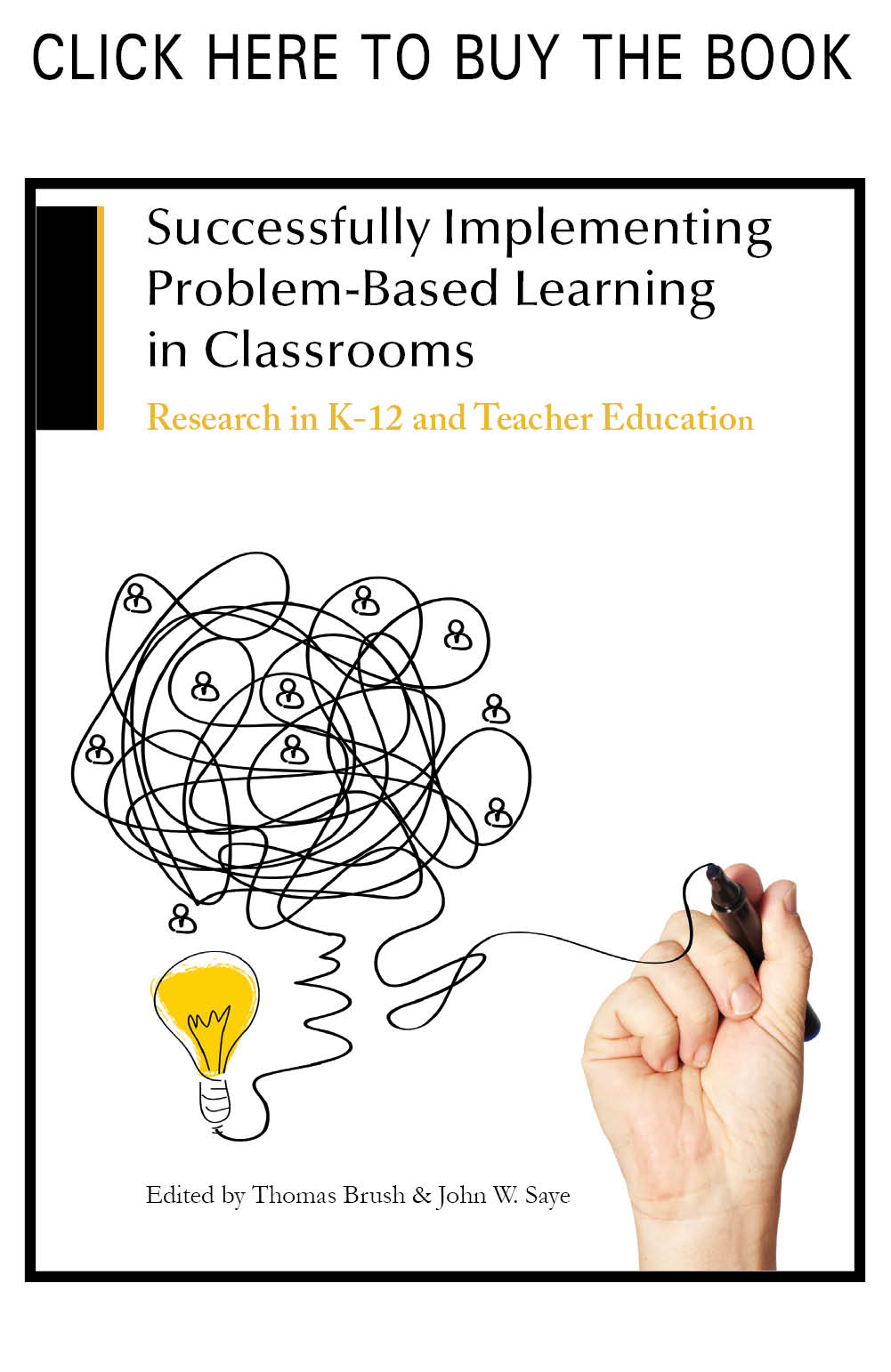Abstract
Project-based learning (PjBL) as a PK–12 instructional model is growing nationwide. PjBL is seen as a mechanism to deliver academic content in a more engaging way for students and in a way that stresses the development of skills critical to success in the 21st-century workforce. Because of its increasing popularity and the disparate breadth of research around the model, a study of PjBL in three southeastern public schools was conducted during academic years 2015–2016 and 2016–2017. This study attempted to better understand how PjBL was implemented in schools and to explore the impact of PjBL on schools, teachers, and students. Data collection included classroom observations, educator surveys, student surveys, and an analysis of academic and behavioral outcomes and a subset of social-emotional skills. Findings did not reveal consistent significant differences in the performances of PjBL and non-PjBL demographically matched students on academic and behavioral outcomes. PjBL students did, however, perform better on inventories of social-emotional skills. In addition, while PjBL implementation challenges are apparent, perceptions of students and educators of the impact and possibilities of PjBL are quite positive.
Recommended Citation
Culclasure, B. T.
,
Longest, K. C.
,
&
Terry, T. M.
(2019). Project-Based Learning (Pjbl) in Three Southeastern Public Schools: Academic, Behavioral, and Social-Emotional Outcomes. Interdisciplinary Journal of Problem-Based Learning, 13(2).
Available at: https://doi.org/10.7771/1541-5015.1842

- Citations
- Citation Indexes: 20
- Usage
- Downloads: 6220
- Abstract Views: 4819
- Captures
- Readers: 305




